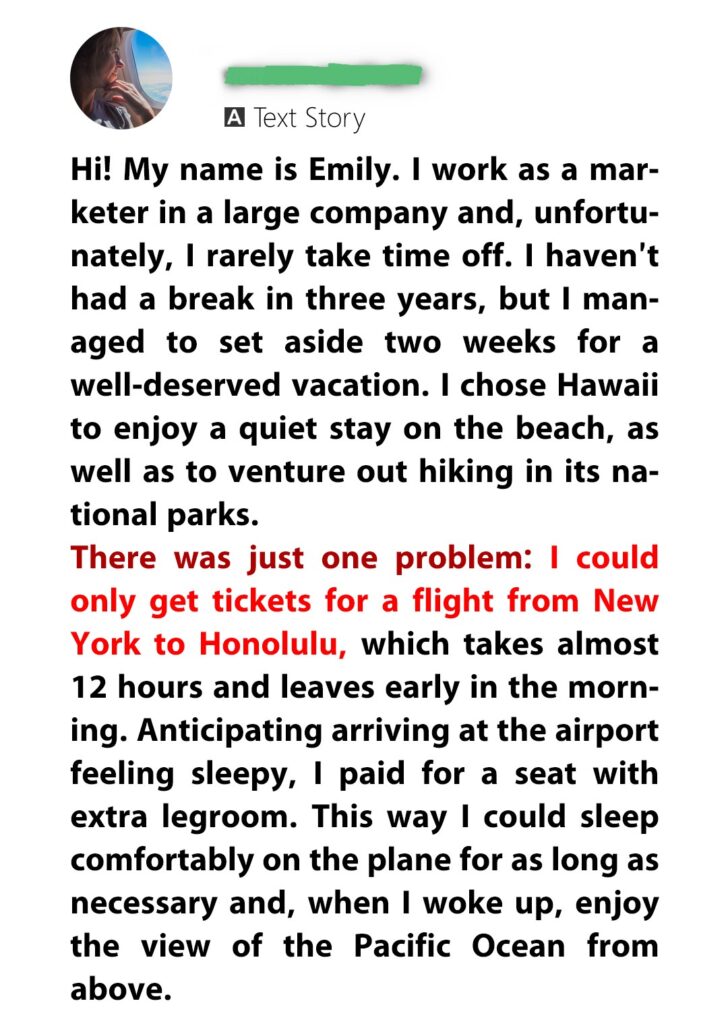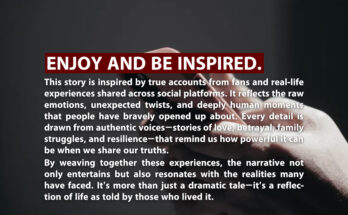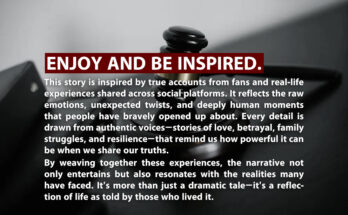It was supposed to be a routine flight from Rio to Belo Horizonte. I’d booked a window seat weeks in advance, hoping for a quiet moment to reflect before a busy week. But as I settled in, a toddler nearby began crying—loudly. His mother approached, asking if I’d switch seats so he could sit by the window. I politely declined. I’d paid for this seat. I needed this seat.
That’s when the backlash began.
A fellow passenger—not the child’s mother—started filming me. “Why won’t she move?” she asked, loud enough for others to hear. “Does she have a syndrome or something?” Her voice dripped with judgment. I was stunned. I hadn’t raised my voice. I hadn’t been rude. I’d simply said no.
The video went viral.
Suddenly, I was no longer Jeniffer Castro, a bank employee. I was “the woman who refused a child.” Strangers hurled insults online. My workplace received complaints. I was forced to resign. My life unraveled—not because I broke a law, but because I upheld a boundary.
I spoke out on a podcast, explaining what happened. I wasn’t heartless—I was exhausted. I’d booked that seat for a reason. The child had a seat. He just wanted mine. And when I didn’t comply, I was vilified.
I’ve since filed lawsuits against the airline and the passenger who filmed me. Not for revenge—but for accountability. No one asked if I was okay. No one considered my side. The flight attendants stayed silent. The internet didn’t.
But here’s what I’ve learned: Empathy isn’t one-sided. Respecting a child’s needs is important—but so is respecting an adult’s boundaries. I didn’t scream. I didn’t shame. I simply said no.
And for that, I lost my career.

Yet, in the aftermath, I found something unexpected. Support. Understanding. Even a new path. I now speak out about digital harassment and personal autonomy. I’ve rebuilt my life—not in spite of that flight, but because of it.
Because sometimes, standing your ground means standing alone. And that’s okay.


